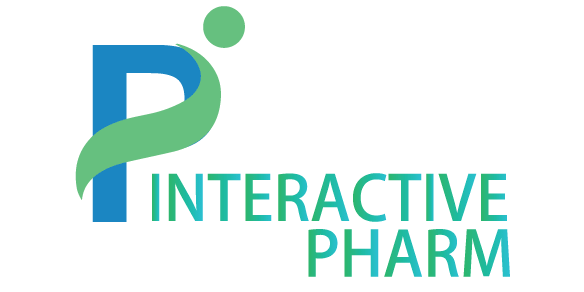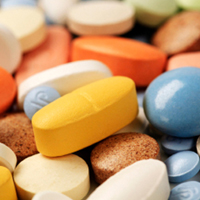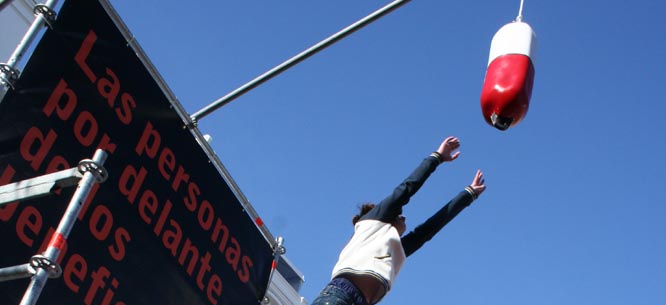Pfizer Inc. (NYSE:PFE) is trying to overcome the patent cliff that has seen its recent quarter results suffer by adopting its classic strategy of forging marketing alliances and making acquisitions.
The pharma giant recently agreed to buy a stake in Dutch biotechnology company AM-Pharma for $87.5 million. Besides the stake, the deal further includes the option to completely acquire the company. Close on the heels of the AM-Pharma deal came news that Pfizer may buyout Swedish Orphan Biovitrum AB. Whether that deal materializes or not, one thing is clear; Pfizer is going all out to strengthen its drug pipeline.
Significance of the AM-Pharma Deal
The significance of the AM-Pharma deal stems from the fact that Pfizer sees clear potential in AM’s under trial drugs that include an injectable drug to treat acute kidney injury and an oral medication for ulcerative colitis. Of the two, the kidney treatment looks more promising considering that in the U.S. and Europe alone, close to 700,000 people die annually due to acute kidney injury, with another 2 million affected by the disease. The condition is more prevalent among hospitalized patients; typically those under critical care. Due to the high fatality rate, any comprehensive treatment is more than likely to witness strong demand. And if the phase 2 trial of the drug turns out to be a success, Pfizer and AM-Pharma could well be on the way to becoming the dominant player in the market.
Also Working On Its Own Drug Pipeline
Besides the R&D alliances and acquisitions, Pfizer is also confident about its own pipeline. At present, the company has around 10 drugs that include biosimilars for Herceptin, Remicade and Rituxan in phase 3 trials, and another 12 in phase 2 trials. Herceptin, Remicade and Rituxan are all blockbuster biologics. While Herceptin clocked $6.9 billion for Roche Holding Ltd. (OTCQX:RHHBY), Remicade brought around $6.65 billion for Johnson & Johnson (NYSE:JNJ), and Rituxan earned close to $7.54 in revenues. Assuming that these biosimilars are priced 30 percent below the patented drugs, Pfizer could be looking at a market that could gross more than $15 billion annually. However, investors need to remember that currently, only Europe has an established approval system for biosimilars. Hence, the time-frame for any approval in the U.S. is hard to predict. Despite this uncertainty, Pfizer’s new pipeline of drugs should rake in close to $6 billion over the course of the next five years.
Editor’s Note: This article discusses one or more securities that do not trade on a major U.S. exchange. Please be aware of the risks associated with these stocks.






